
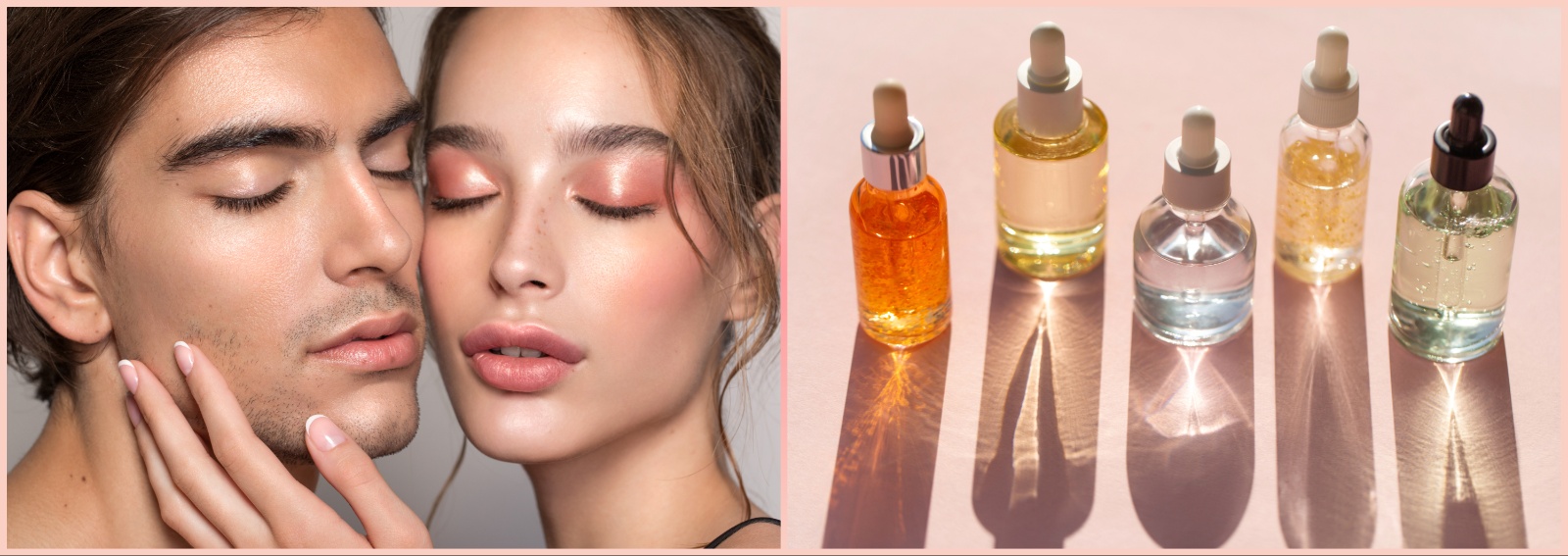
Retinol is one of the most loved and effective facial products. A true cocktail of health and beauty for the skin.
It is one of the most effective anti-aging skincare ingredients. With its intense exfoliating action, it supports cell turnover, improving the health and beauty of the skin in a relatively short time, enhancing the appearance of spots, imperfections, and signs of aging.
This active ingredient is an essential skincare must-have, but it is important to know it well to decide whether – and how – to incorporate it into your beauty routine.
We explain everything below, with its key features, possible – mild – adverse reactions, and must-try retinol-based products. Also, spoiler alert, you’ll discover that sunscreen is essential for those who choose to use retinol products!
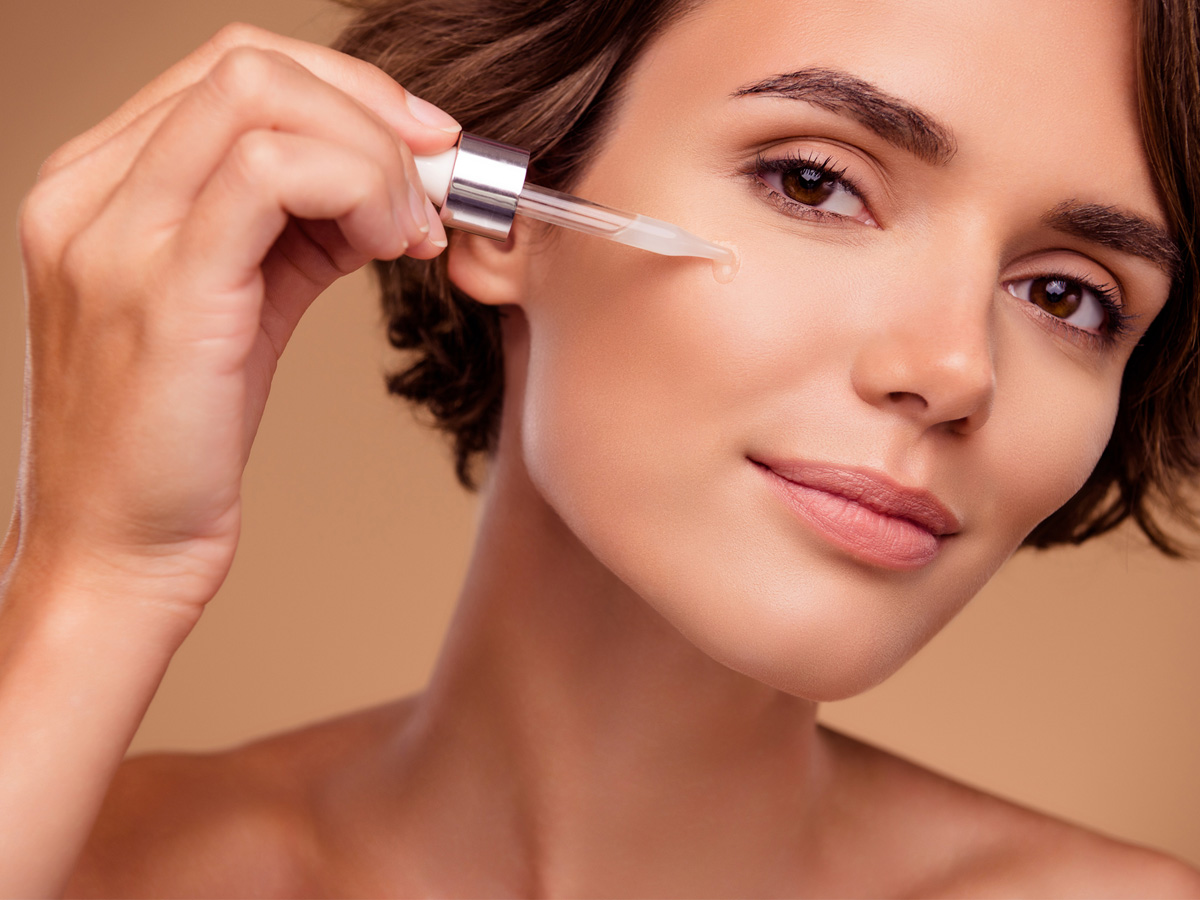
What is Retinol?
Retinol is a derivative of vitamin A. This active ingredient is currently one of the most used and loved cosmetic ingredients because it can counteract skin aging by contributing to the production of elastin fibers.
Generally very effective, it is offered in widely consumed cosmetic products in low percentages ranging from 0.1% to 0.3%, up to higher concentrations that can reach 1%.
Higher concentrations of retinol are found in specific products that can be used under the advice – and prescription – of a doctor.
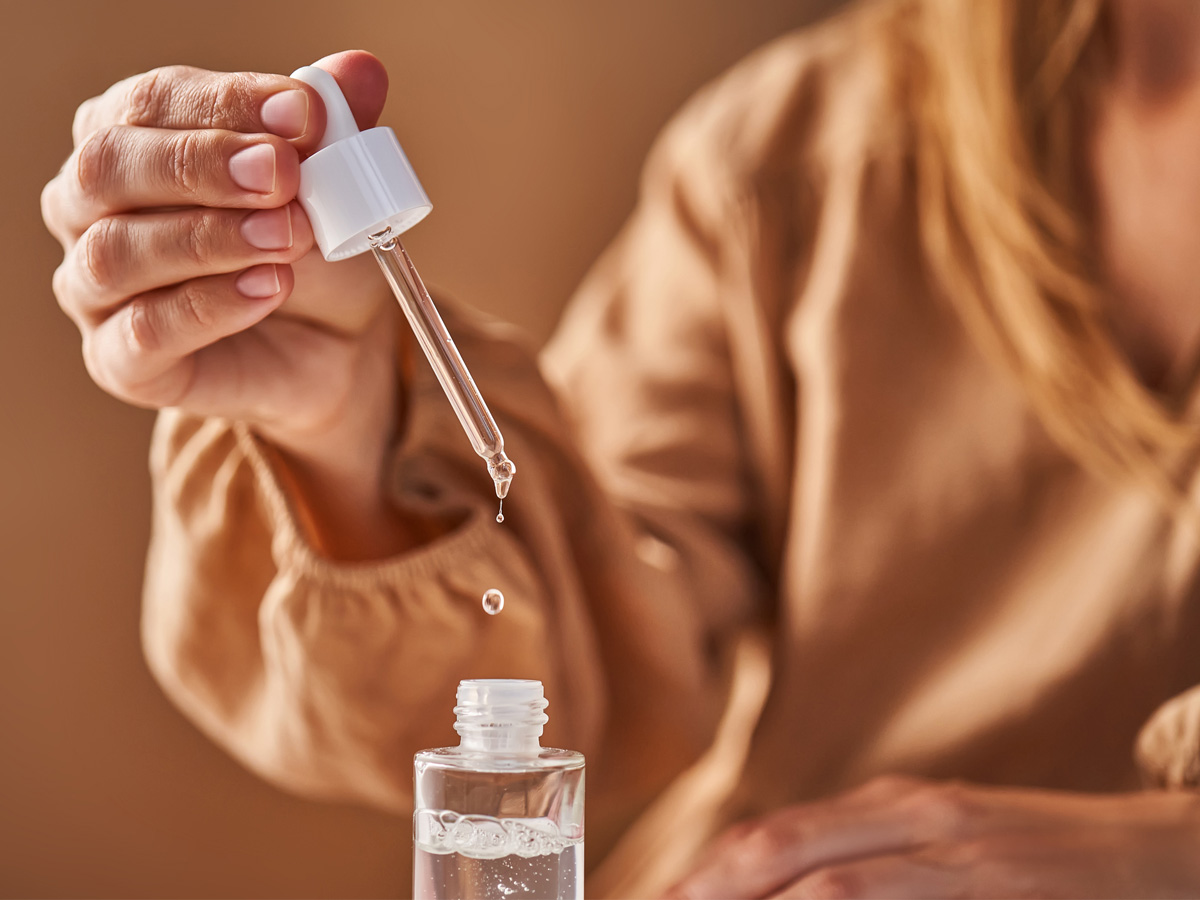
What is Retinol Used For?
Among its multiple benefits, we find excellent exfoliating power and the ability to smooth wrinkles and expression lines, also assisting in cellular renewal.
Retinol acts on sunspots and hyperpigmentation, as well as maintaining an optimal balance of the skin’s pH and reducing the appearance of enlarged pores.
But it doesn’t end there: retinol is also a powerful antioxidant and can counteract imperfections and acne, as well as prevent them.
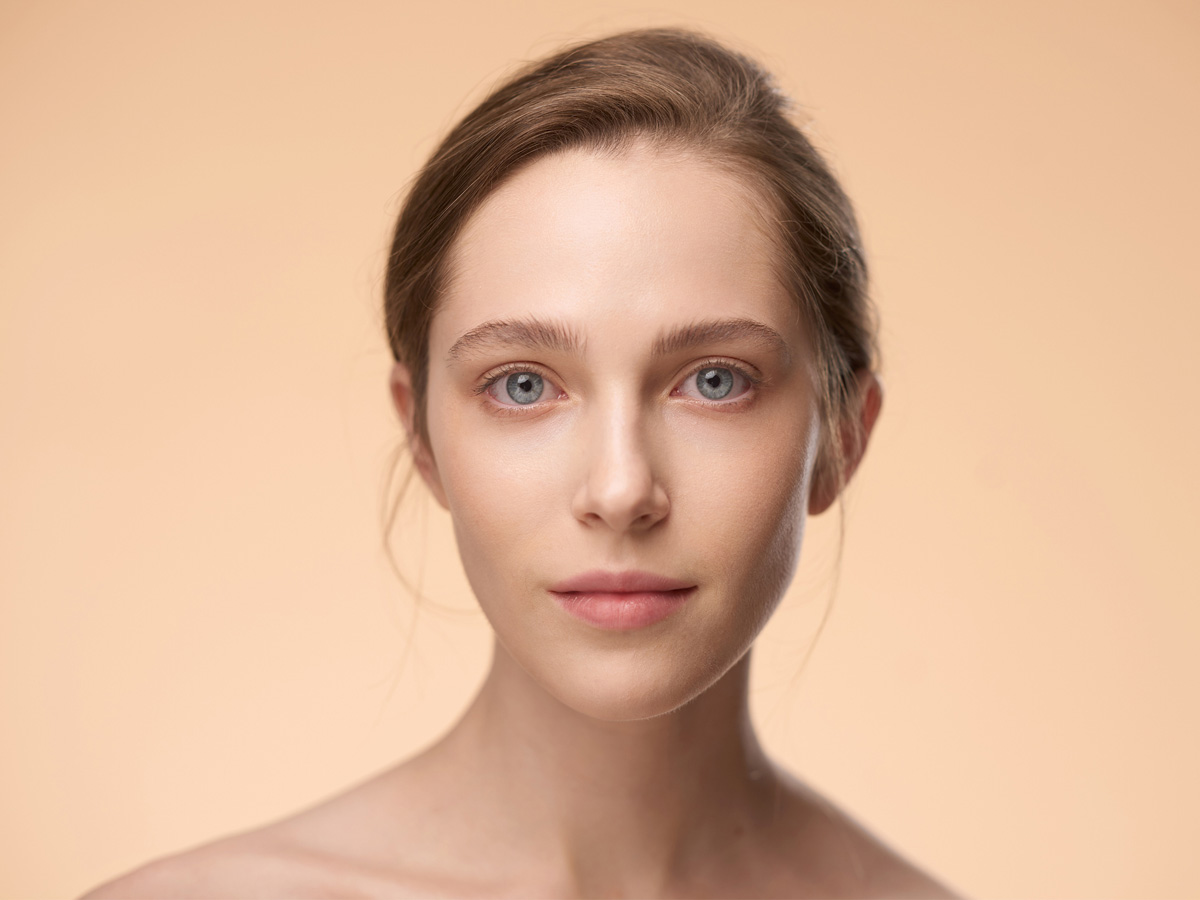
Retinol’s Effects on the Skin
With prolonged use of retinol-based products, the skin becomes more compact, toned, smooth, and luminous.
This active ingredient is indeed a real beauty and health booster for facial skin (as well as for the body and hands).
However, it’s crucial to note that retinol could sensitize the skin, so you may notice redness, tingling, and small imperfections on the skin following the initial applications.
These are completely normal manifestations that tend to disappear quickly. If this does not happen, it is advisable to discontinue the treatment: retinol is very effective, but may not be suitable for everyone.
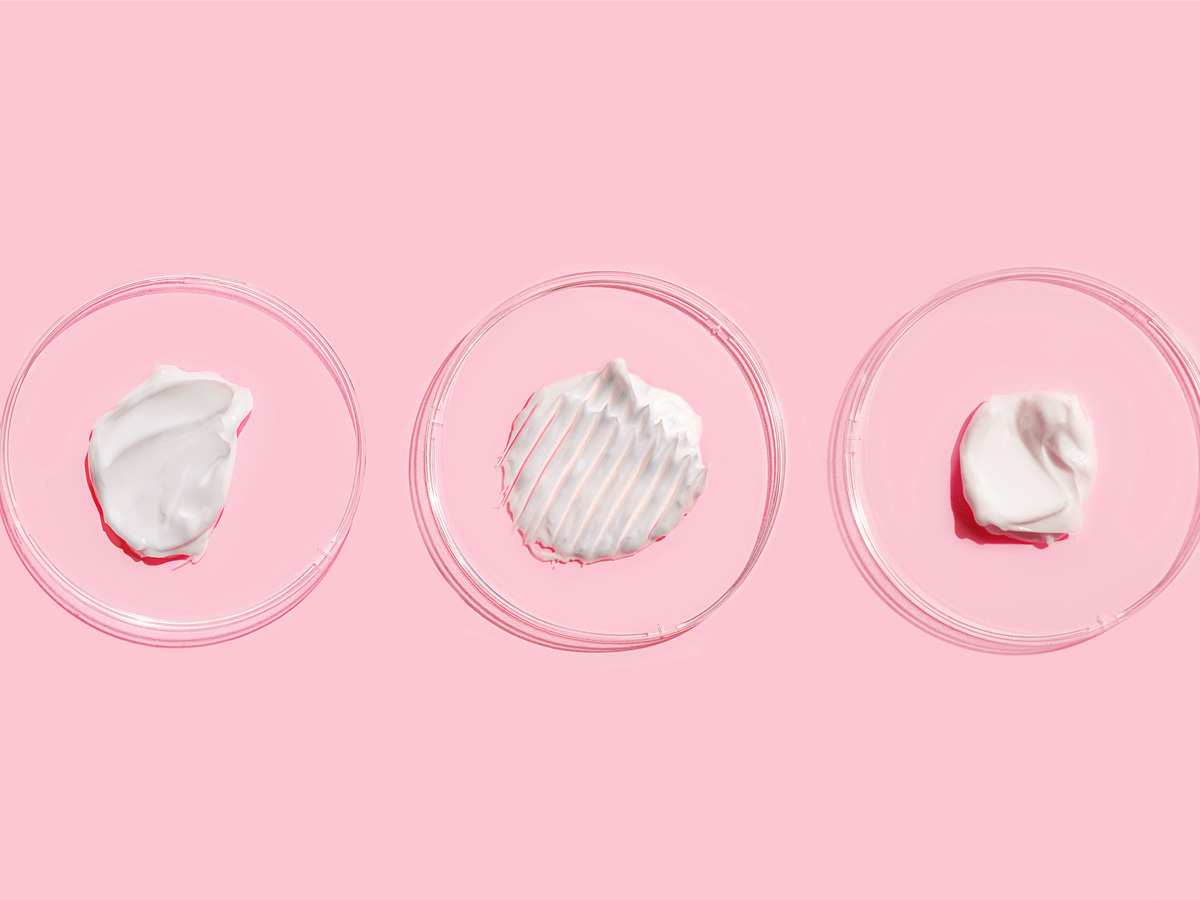
Is Retinol Dangerous?
Retinol is a very effective and “powerful” active ingredient, which is why it can cause redness, imperfections, and various discomforts at the beginning of the treatment. These are common manifestations that tend to disappear quickly. If they persist, the advice is to change the skincare routine.
In addition, this ingredient has a photosensitizing effect on the skin, making it more prone to irritations and the onset of sunspots.
For this reason, it is very important to use retinol-based products only in the autumn/winter period and only in the evening, then apply sunscreen strictly every day.
With this precaution, the skin will be beautiful, compact, luminous, and in perfect health.
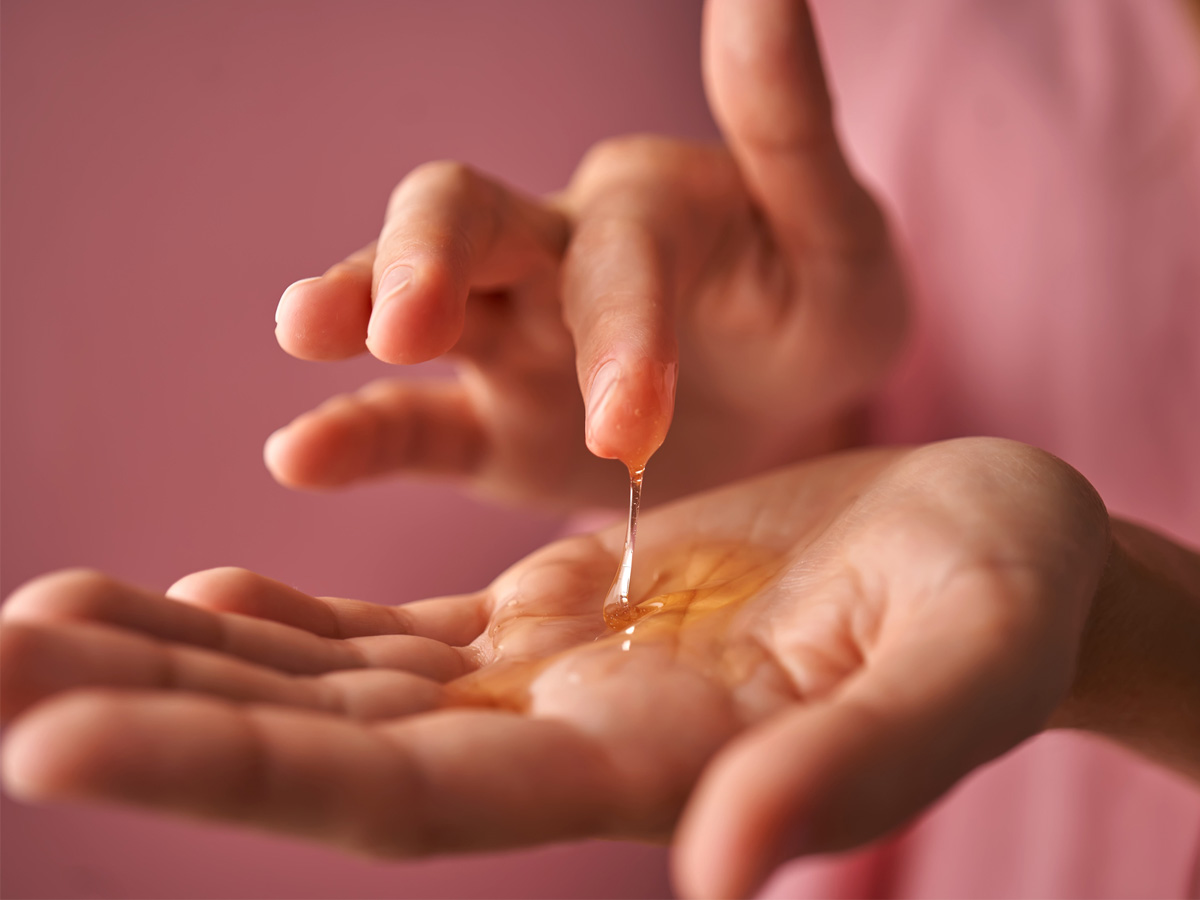
How to Incorporate it into Your Skincare Routine
A must for smoother and more even skin, retinol is suitable for all skin types, with special attention to sensitive skin, which may not “tolerate” it.
Its significant anti-aging benefits recommend using it from the age of 30, revealing healthier skin after the first month of consistent treatment.
There are serums, creams, boosters, oils, toners, and many other skincare products based on retinol on the market. The advice is to choose only one product with this active ingredient and use it continuously in combination with moisturizing products containing hyaluronic acid and niacinamide, never forgetting sunscreen.
It is also not recommended to use retinol-based products daily. The suggestion is to start incorporating it into your skincare routine once or twice a week, then gradually increase.
Generally, using it every other day for at least a month – although concentration and stability of the formula, as well as the type of chosen product, can influence the process – leads to excellent results.
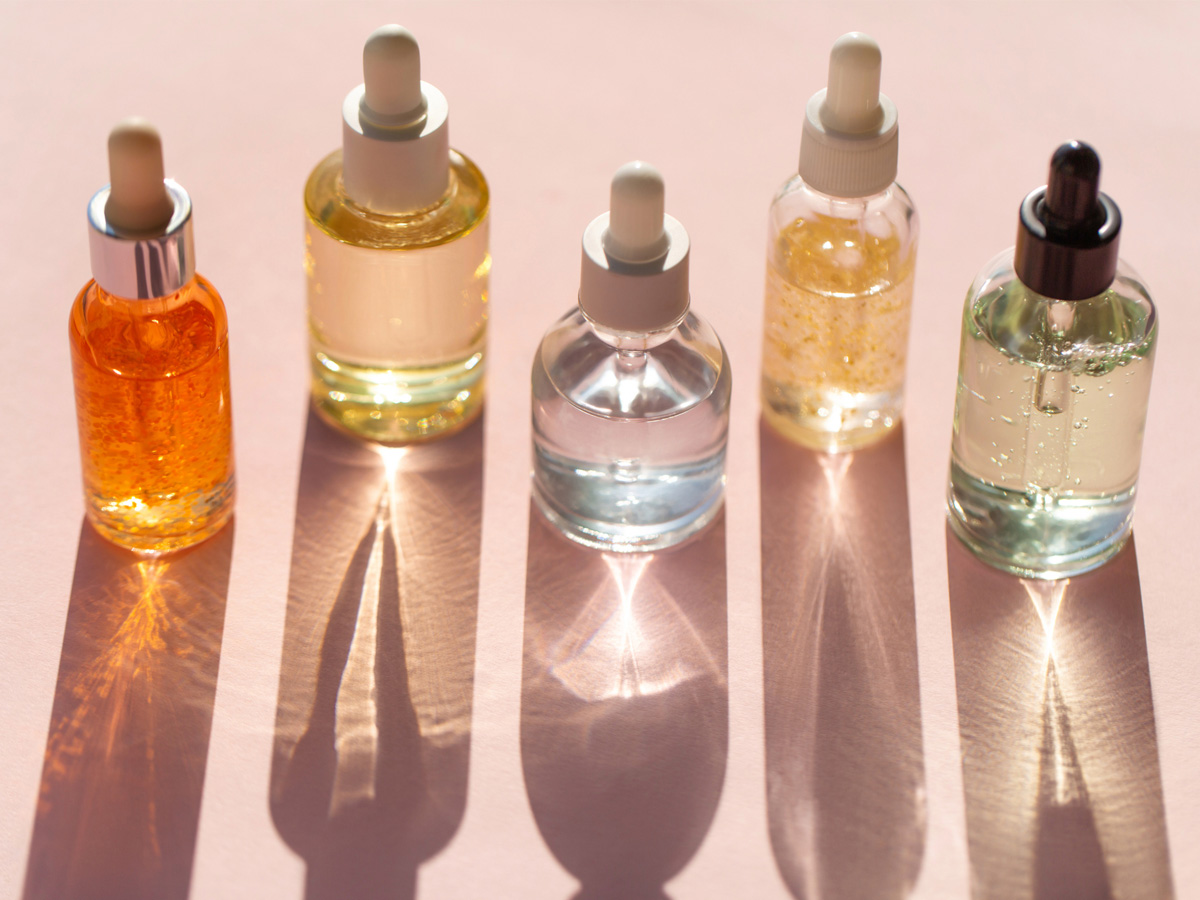
Winter Skincare: How to Adapt Your Routine
Glowing Skincare Secret: Everything You Need to Know About UV Stickers













